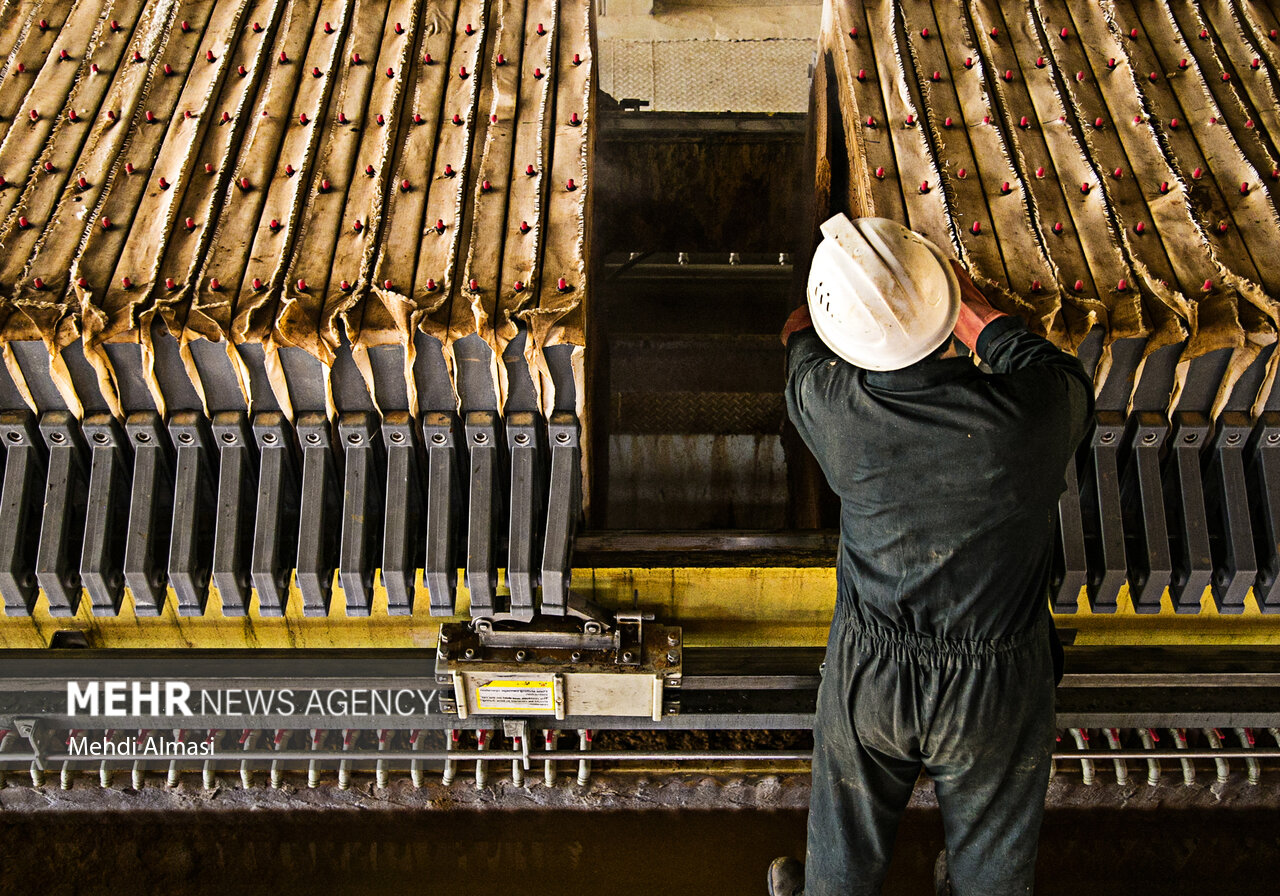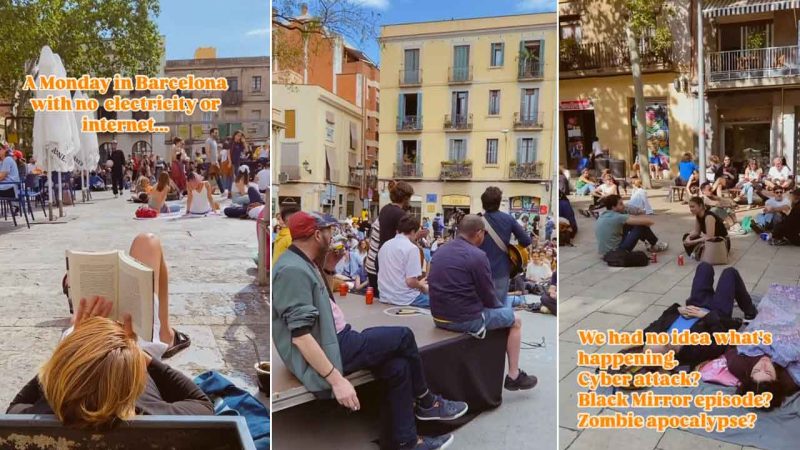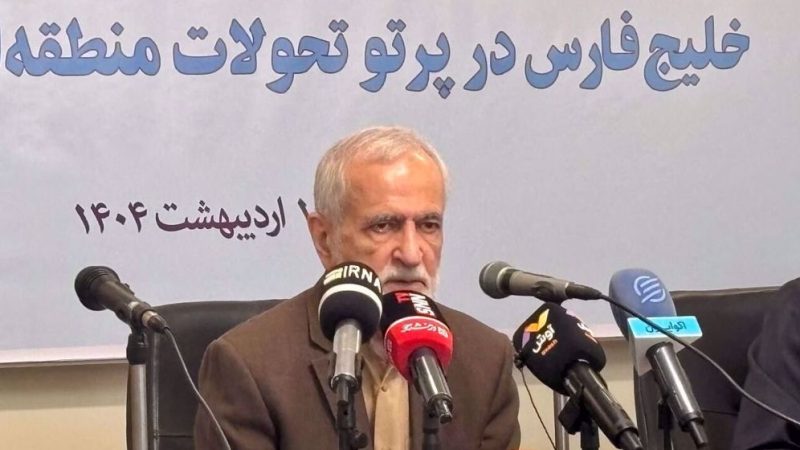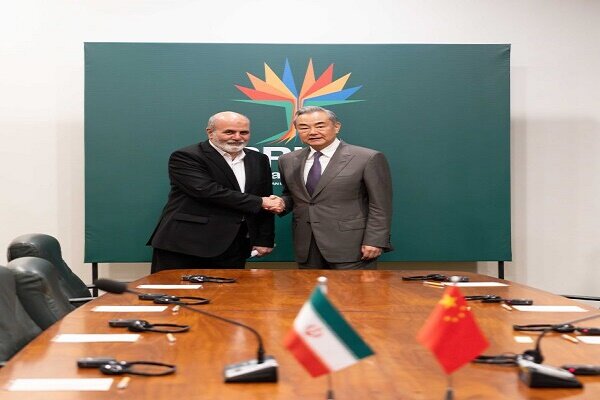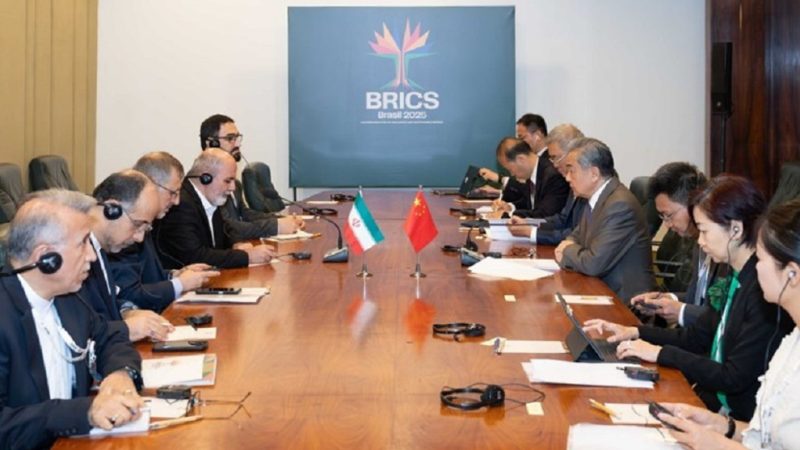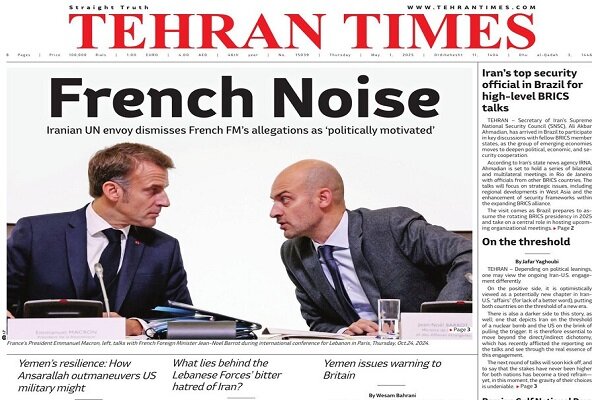International Workers’ Day is a global celebration of the workforce observed annually on May 1st. In many countries, it is an official holiday dedicated to labor rights.
Rooted in ancient spring festivals, the Day evolved into a symbol of unity and collective action, particularly within the labor movement of the late 19th century.
The impetus stemmed from the 1886 U.S. strikes for an eight-hour workday and the subsequent Haymarket Affair.
Today, International Workers’ Day is marked by marches and demonstrations advocating for improved working conditions, fair wages, and social justice.
It serves as a reminder of the power of collective action and the ongoing fight for workers’ rights amidst modern challenges like job insecurity and income inequality.
The occasion in Iran provides an opportunity for cultural expression, celebrating the contributions of workers to Iranian heritage.
As Iran addresses its economic challenges, the Day highlights the importance of investing in its workforce to build a more equitable and prosperous society.
It is a call to action, recognizing the continuous need to advocate for workers’ rights and appreciate their invaluable contributions.
Moreover, this day in Iran is an occasion to reflect on the achievements and challenges faced by the Iranian workforce.
It provides a platform to discuss issues such as unemployment, job security, and the need for stronger labor laws.
Government officials often use this day to address workers directly, outlining plans and policies aimed at improving their lives.
Beyond the rallies and official pronouncements, the occasion provides an opportunity for cultural expression. Traditional music, and poetry are often showcased, celebrating the rich heritage of the Iranian people and the vital role workers play in preserving it.

These cultural displays serve as a reminder that work is not just about economic productivity; it is also about contributing to the cultural fabric of society.
International Workers’ Day is not just a holiday; it is a call to action, a reminder that the struggle for workers’ rights is an ongoing process, requiring constant vigilance and unwavering commitment.
It is a day to appreciate the invaluable contributions of the workforce and to reaffirm our collective commitment to building a better future for all working people.
The spirit of this occasion in Iran extends beyond the capital, resonating in factories, farms, and workshops across the nation.
It is a day for ordinary Iranians to connect, share their experiences, and collectively voice their aspirations for a brighter future.
The grassroots nature of these gatherings reinforces the idea that the labor movement is not just a top-down initiative but a vibrant expression of the people’s will.

Leader of the Islamic Revolution Ayatollah Seyyed Ali Khamenei believes the highest praise for workers comes from the Prophet Muhammad (pbuh) kissing a worker’s calloused hands, demonstrating their immense value in Islam.
While Workers’ Day is universally recognized, Islam’s view of workers differs from the materialistic perspective, he adds.
Ayatollah Khamenei says materialism values workers as mere tools for wealth creation, akin to machines. Islam, however, values workers intrinsically because of the inherent value of work itself.
It is crucial to acknowledge the role of both workers and entrepreneurs, who are vital partners on the economic front lines, he says.
We are currently engaged in an economic war, imposed upon us like the military war of the 1980s, primarily by the US and its allies, who are actively fighting Islamic Iran. In this economic war, workers and entrepreneurs are the key players on the front lines, the Leader points out.
Reported by Tohid Mahmoudpour

